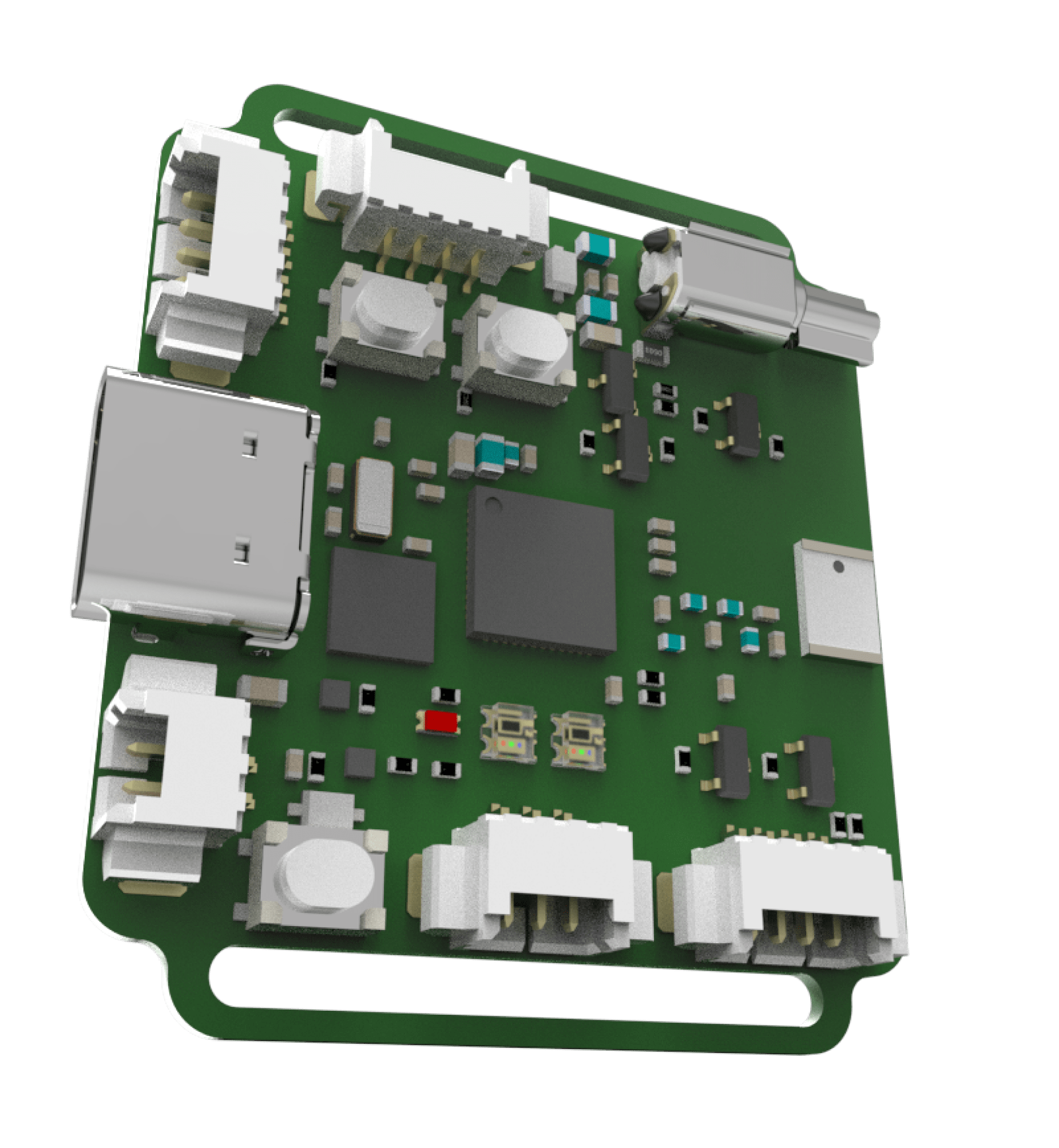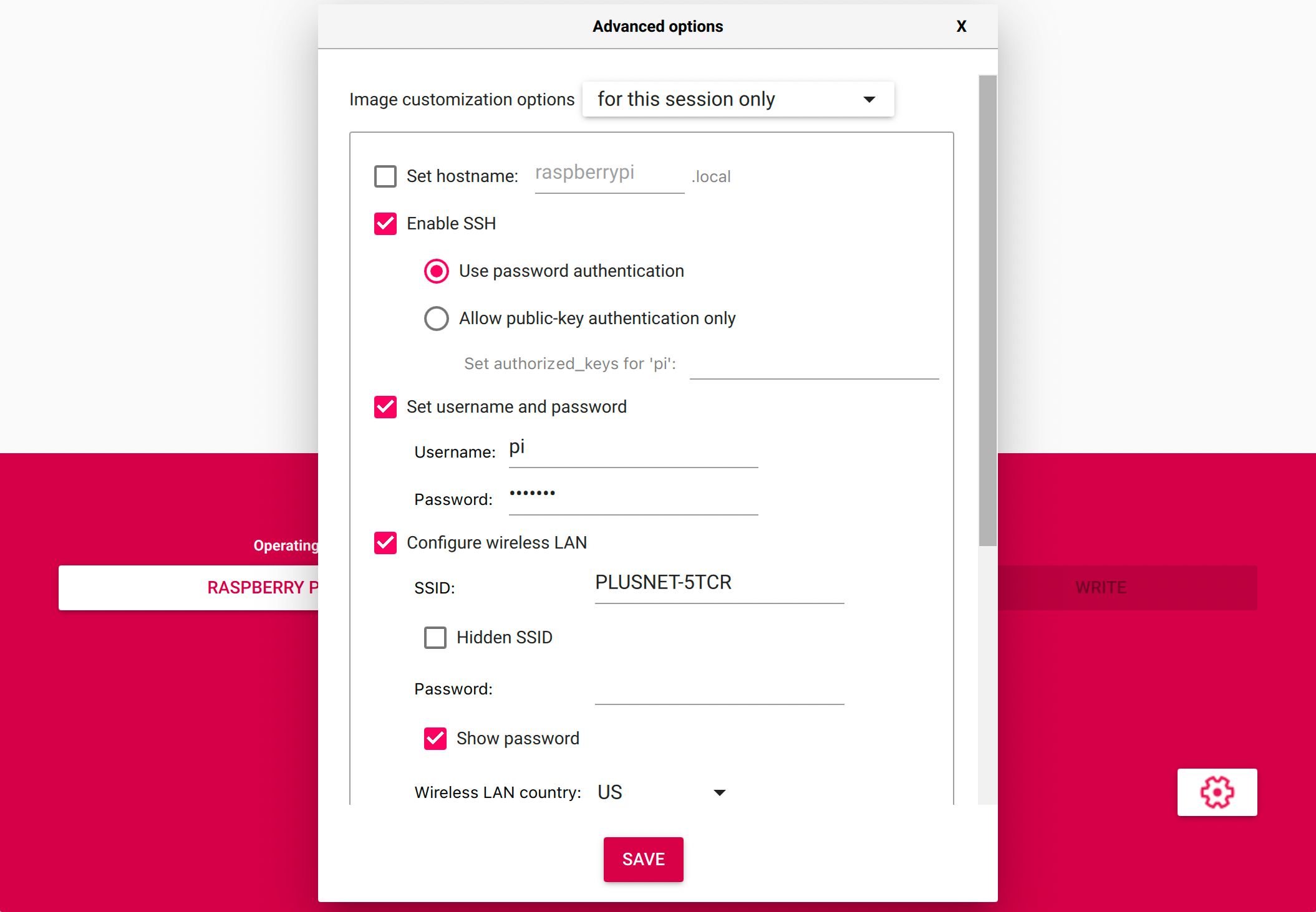Let’s face it, the Internet of Things (IoT) is no longer just a buzzword—it’s a game-changer for businesses and individuals alike. If you're looking to dive into the world of remote SSH IoT platforms, you’ve come to the right place. In this guide, we’ll break down everything you need to know about finding the best platform for your needs. Whether you're a tech enthusiast or a seasoned developer, this article will give you all the tools to make an informed decision.
Nowadays, the ability to manage devices remotely is not just a convenience—it’s a necessity. The remote SSH IoT platform has emerged as a go-to solution for those who want secure, efficient, and scalable ways to interact with their connected devices. But with so many options out there, how do you know which one is right for you?
In this article, we’ll explore the top platforms in the market, discuss their features, and help you figure out what works best for your specific needs. So, buckle up and let’s dive deep into the world of remote SSH IoT platforms!
- Sally Jessy Raphael From Talk Show Queen To 90 Fabulous
- Martellus Bennett Nfl Career Stats Retirement News
Table of Contents
- Introduction to Remote SSH IoT Platforms
- What is Remote SSH?
- Overview of IoT Platforms
- Criteria for Selecting the Best Platform
- Top Remote SSH IoT Platforms
- Comparison Table of Leading Platforms
- Security Considerations
- Scalability and Performance
- Real-World Use Cases
- Future Trends in Remote SSH IoT Platforms
- Conclusion and Final Thoughts
Introduction to Remote SSH IoT Platforms
So, what exactly is a remote SSH IoT platform? Think of it as the backbone that allows you to control, monitor, and manage IoT devices from anywhere in the world. SSH (Secure Shell) is a protocol that provides a secure way to access remote devices over an unsecured network. Combine that with IoT, and you’ve got a powerful toolset for managing everything from smart home devices to industrial sensors.
But why does it matter? Well, in today’s hyper-connected world, having remote access to your devices isn’t just nice—it’s essential. Whether you’re troubleshooting a device issue or gathering real-time data, the right platform can save you time, money, and headaches.
Let’s take a closer look at what makes these platforms so special and why they’re becoming increasingly popular among tech enthusiasts and businesses alike.
- Yuko Kubota Life With Josh Blue What Happened After
- Jason Aldean Raleigh 2025 Tickets Venue More Guide
What is Remote SSH?
Alright, let’s get into the nitty-gritty. SSH, or Secure Shell, is basically a network protocol that lets you securely connect to a remote computer or device. It’s like having a secret tunnel that lets you communicate with your devices without worrying about prying eyes. SSH encrypts all your data, making it super hard for hackers to intercept.
When it comes to IoT, SSH becomes even more important. Imagine having dozens—or even hundreds—of devices scattered across different locations. Without a secure way to access them, you’d be leaving yourself wide open to potential security breaches.
Key Features of SSH
- Encryption: Keeps your data safe from snoops.
- Authentication: Ensures only authorized users can access your devices.
- Command Execution: Allows you to run commands on remote devices as if you were sitting right in front of them.
- File Transfer: Easily transfer files between devices without worrying about security.
Now that we’ve covered the basics of SSH, let’s move on to the next big question: what makes a good IoT platform?
Overview of IoT Platforms
IoT platforms are like the Swiss Army knives of the tech world. They offer a wide range of features designed to make managing IoT devices easier and more efficient. From device management to data analytics, these platforms have got you covered.
But not all platforms are created equal. Some focus on security, others on scalability, and a few try to do it all. The key is finding the one that aligns with your specific needs. For example, if you’re running a small smart home setup, you might not need the same level of scalability as a large industrial operation.
Common Features of IoT Platforms
- Device Management: Add, remove, and configure devices with ease.
- Data Analytics: Gain insights from the data your devices collect.
- Integration: Work seamlessly with other systems and tools.
- Security: Protect your devices and data from unauthorized access.
With so many options out there, how do you even begin to narrow it down? That’s where our next section comes in.
Criteria for Selecting the Best Platform
Choosing the right remote SSH IoT platform can feel overwhelming, but don’t worry—we’ve got your back. Here are some key factors to consider when making your decision:
Security
Let’s be real—security should always be your top priority. Look for platforms that offer robust encryption, two-factor authentication, and regular security updates.
Scalability
Will the platform grow with you? If you’re planning to expand your IoT network, you’ll want a platform that can handle the increased load without breaking a sweat.
Ease of Use
No one wants to spend hours figuring out how to use a platform. Opt for one with a user-friendly interface and comprehensive documentation.
Cost
Let’s talk money. Some platforms come with hefty price tags, while others offer more affordable options. Consider your budget and what features are worth paying for.
Now that you know what to look for, let’s take a look at some of the top platforms on the market.
Top Remote SSH IoT Platforms
Here’s where the rubber meets the road. We’ve compiled a list of the best remote SSH IoT platforms based on their features, security, and overall performance. Let’s dive in!
1. Platform A
Platform A is a powerhouse when it comes to remote SSH IoT solutions. With its cutting-edge security features and scalable architecture, it’s a favorite among enterprise users.
2. Platform B
Platform B offers a more budget-friendly option without sacrificing quality. It’s perfect for small to medium-sized businesses looking to dip their toes into the IoT waters.
3. Platform C
Platform C prides itself on its ease of use. Even if you’re not a tech wizard, you’ll find its intuitive interface a breath of fresh air.
But how do these platforms stack up against each other? Let’s take a closer look.
Comparison Table of Leading Platforms
| Platform | Security | Scalability | Cost | User-Friendly |
|---|---|---|---|---|
| Platform A | High | Excellent | Premium | Average |
| Platform B | Good | Good | Affordable | Good |
| Platform C | Good | Average | Mid-Range | Excellent |
As you can see, each platform has its own strengths and weaknesses. It’s all about finding the one that fits your specific needs.
Security Considerations
Security is a big deal when it comes to remote SSH IoT platforms. You don’t want to leave your devices vulnerable to hackers or malicious actors. Here are some best practices to keep in mind:
- Use strong passwords and enable two-factor authentication.
- Regularly update your platform and devices to patch any security vulnerabilities.
- Limit access to only those who absolutely need it.
- Monitor your devices for unusual activity and act quickly if anything seems off.
By following these tips, you’ll be well on your way to keeping your IoT network secure.
Scalability and Performance
Scalability is another critical factor to consider. As your IoT network grows, you’ll need a platform that can handle the increased load without compromising performance. Look for platforms that offer:
- Horizontal scaling: Add more devices without sacrificing speed.
- Load balancing: Distribute workloads evenly across devices.
- Cloud integration: Leverage the power of the cloud for added flexibility.
Performance is equally important. A sluggish platform can frustrate users and lead to lost productivity. Opt for one with fast response times and minimal downtime.
Real-World Use Cases
Let’s talk about how remote SSH IoT platforms are being used in the real world. From smart homes to industrial automation, the possibilities are endless. Here are a few examples:
Smart Home Automation
Imagine being able to control your home’s lighting, temperature, and security system from anywhere in the world. Remote SSH IoT platforms make this a reality, giving you peace of mind and convenience.
Industrial Monitoring
In the industrial sector, these platforms are used to monitor and manage everything from machinery to supply chains. They provide real-time data and insights that can help optimize operations and reduce costs.
Agricultural Solutions
Farmers are using IoT platforms to monitor soil moisture, weather conditions, and crop health. This data helps them make informed decisions and improve yields.
These are just a few examples of how remote SSH IoT platforms are transforming industries.
Future Trends in Remote SSH IoT Platforms
So, what’s on the horizon for remote SSH IoT platforms? Here are a few trends to watch:
- Increased adoption of AI and machine learning for predictive analytics.
- More focus on edge computing to reduce latency and improve performance.
- Greater emphasis on security as cyber threats continue to evolve.
As technology continues to advance, we can expect even more innovative solutions in the world of IoT.
Conclusion and Final Thoughts
And there you have it—a comprehensive guide to finding the best remote SSH IoT platform for your needs. Whether you’re a tech-savvy individual or a business looking to streamline operations, the right platform can make all the difference.
Remember to consider factors like security, scalability, and ease of use when making your decision. And don’t forget to keep an eye on emerging trends in the industry.
Now it’s your turn! Leave a comment below and let us know which platform you’re most excited about. Or, if you have any questions, feel free to reach out. We’re here to help!



Detail Author:
- Name : Adrian Considine V
- Username : willard92
- Email : bartell.moriah@gmail.com
- Birthdate : 1973-01-27
- Address : 549 Ladarius Corners South Meaghan, PA 57486
- Phone : +1.920.990.8806
- Company : Fahey Inc
- Job : Postmasters
- Bio : Harum vitae officia repellat eveniet consequuntur. Enim quos quos delectus minima optio. Magni deserunt quos mollitia ut dolore adipisci.
Socials
facebook:
- url : https://facebook.com/giovanni_collier
- username : giovanni_collier
- bio : Saepe illo quae dolores omnis.
- followers : 6064
- following : 135
twitter:
- url : https://twitter.com/giovanni_collier
- username : giovanni_collier
- bio : Aut in ratione perferendis laborum. Occaecati quia cumque itaque voluptatibus ut labore.
- followers : 1084
- following : 760